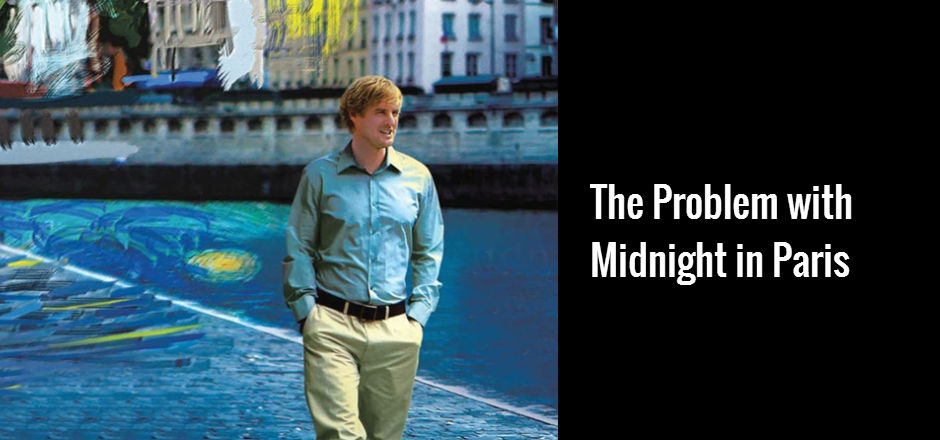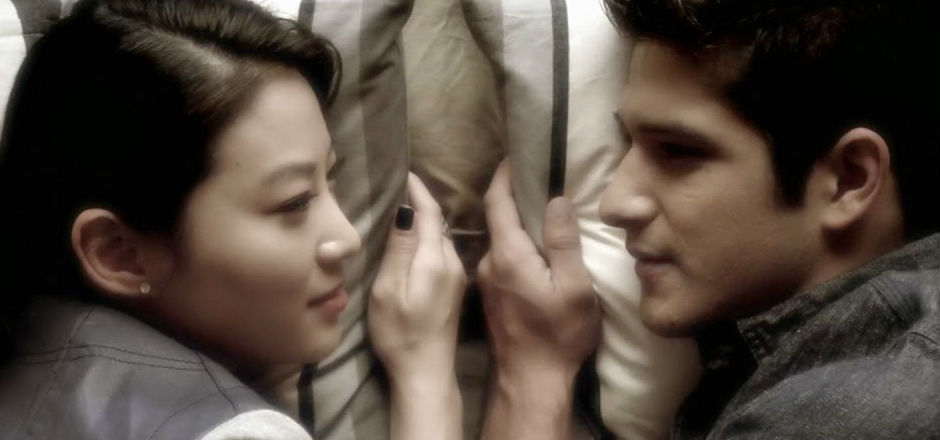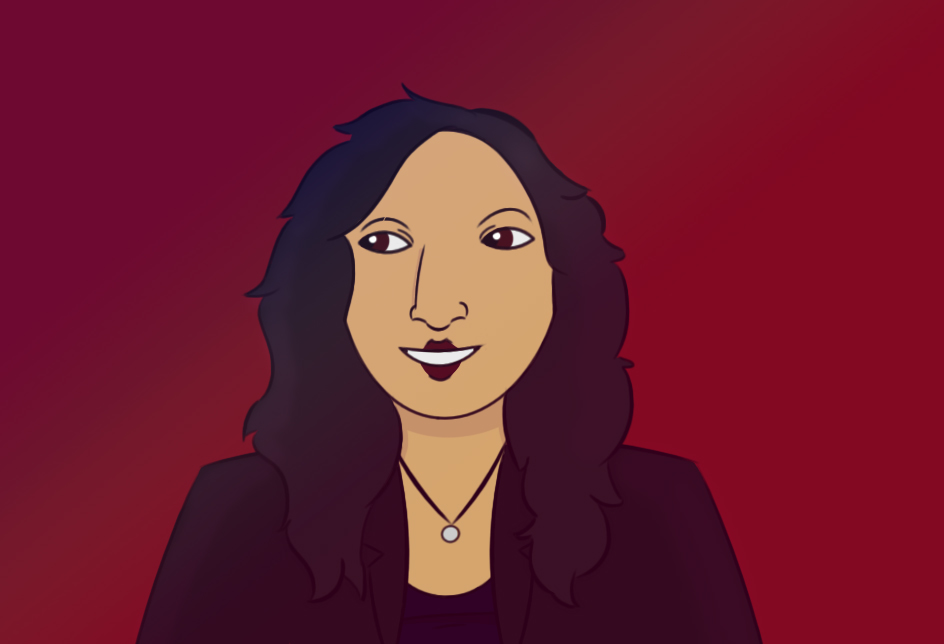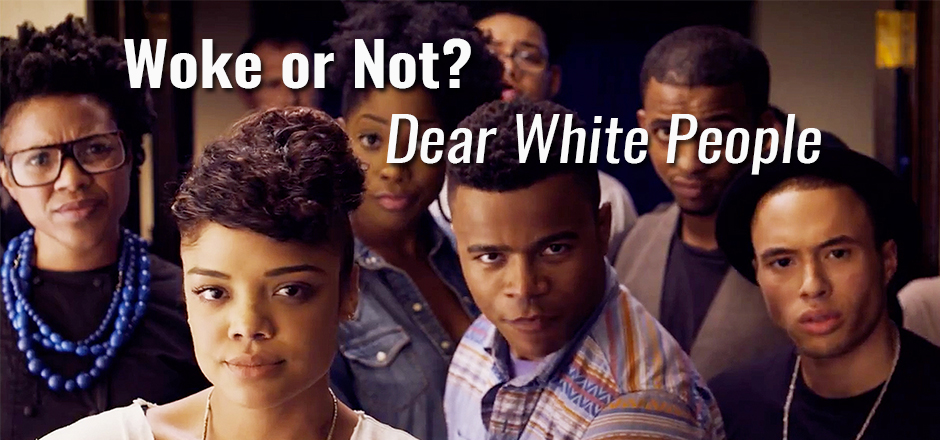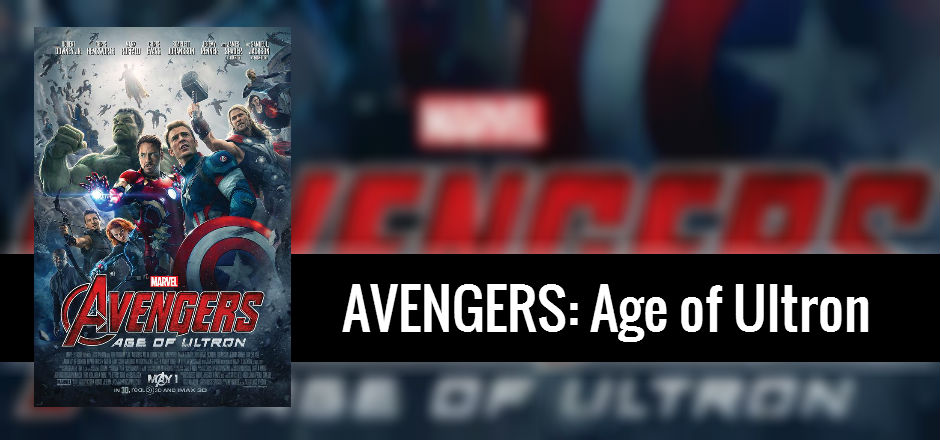Have you ever seen a movie you felt was written just for you? When the plot, sense of humor, actors and characters, the music, and even the costumes seem like someone took them right out of your own imagination? That movie for me is Midnight in Paris, written and directed by Woody Allen.
The shots of Paris alone melted my heart the first time I saw it. And against a soundtrack of Cole Porter music, the fantastical plot about the way we romanticize other eras had me smitten. Some of my favorite authors come to life in the film, but there’s a hilariously smarmy pedantic character written in to make sure I don’t get too smug about understanding all the literary references. Marion Cotillard shines, and I have never liked Owen Wilson as much as I like him in this film.
I’ve enjoyed many other Woody Allen films as well. Blue Jasmine made me cry, and Manhattan and Annie Hall are classics. I discovered Woody Allen as a teenager, and I never had any reason to second guess my enjoyment of his films until I mentioned them to a high school teacher. She made a face like I had sworn at her. She didn’t really tell me what that reaction was about, just that Woody Allen wasn’t a very good person.
I investigated on my own, and that’s how I found out one of my new favorite artists was accused of molesting his adopted daughter, Dylan Farrow, and later married the adopted daughter of his longtime romantic partner.
But here’s the thing. I found this out before Midnight in Paris and Blue Jasmine came out. I read some things about the scandal, and still kept watching his movies, because I didn’t really see how these rumors had anything to do with the movies I loved.
And even now that I’m an adult and have a deeper understanding of how horrifying the situation is, I still watch Midnight in Paris when I’m feeling down and need a pick me up. Because I still love that movie. Which is problematic to say the least.
My hypocrisy when it comes to Woody Allen deeply troubles me. I get my hackles up over any instance of victim-blaming, just thinking of all the people who keep quiet about abuse because they’re afraid of being called crazy liars. Every time someone points to an accuser and says they’re making it up for attention, it makes it that much harder for people to come forward with their experiences.
And Dylan Farrow’s 2014 open letter in The New York Times is incredibly brave. It would be difficult enough to accuse a father figure of abuse, but when that person is an internationally famous and adored filmmaker, she must have expected people to immediately try and discredit her.
Perhaps even worse are the people like me who just shrugged it off as ‘he said, she said’ and refused to have an opinion.
Because to have an opinion in this case, you have to say you believe Dylan, and that the person whose art is meaningful to you is a child molester, who blamed the mother of his children for inventing the situation.
Or you have to say you think Dylan is lying about being assaulted at age seven. That she and her mother, brilliant actress and activist Mia Farrow, made the whole thing up. There really is no middle ground.
And I believe Dylan. How can I not? At the very least, there should have been much more investigation. There are corroborating accounts from babysitters and therapists that point to Allen’s sexual interest in Dylan. And Dylan’s account has never wavered, she has never been silenced, when it would be so much easier for her to just let the scandal fade away.
Not to mention that I find Allen’s relationship with his wife Soon Yi Previn even more damning. Previn is 35 years his junior and was adopted by Mia Farrow, who was Allen’s romantic partner for twelve years and raised several children with him. It’s proof that he doesn’t honor the boundary between parent and child – doesn’t see or doesn’t care how inappropriate and appalling it is to have and act on sexual feelings towards a person who you saw as a daughter first.
About his marriage to Previn, Allen recently said: “I was paternal. She responded to someone who was paternal.” Given the circumstances, I find that statement completely disgusting. It reeks of manipulation.
And yes, Previn and Allen are still together: in the same article, Previn is quoted saying “To think that Woody was in any way a father or stepfather to me is laughable.” But when she was 21 and he was 56, and he was dating her mother, what else could he have been to her?
So I think all of these things. I think Dylan should be listened to. I think all rapists and child molesters, regardless of their fame and fortune, should be prosecuted. And I think Midnight in Paris is a beautiful movie.
I’m not sure what this says about me a person, and I wish I could be more stalwart in my morality. I wish my outrage at Mia and Dylan’s treatment and distaste for Allen as a person were enough to make me hate his movies. And it makes me feel very uncomfortable that this person was able to create works of art that affect me deeply. It’s a conundrum I don’t think I will ever unravel.
I wish I could be more like Mia Farrow and confidently state: “I’m going to take the high road because the low road is so crowded.” I hate to think I’m one of the people causing that traffic jam every time I watch and smile at one of Allen’s movies.
Does my enjoyment of his movies make me complicit in his crimes? No. But as a woman, a feminist, and just a human being, it makes me uncomfortable to think that the tickets I’ve bought are tacit support of his behavior. He walked away from this unscathed, and people reward his genius and ignore his dark side. How to proceed now, personally, knowing I love the art and revile the artist, is a problem I don’t have a solution for.
—
Laura Jewell writes for Girls in Capes and has a BA in Theatre from Miami University. She currently lives in Chicago and enjoys many fandoms, including her favorites Harry Potter and Doctor Who. Her favorite weekend pastime is curling up with a book and her fifteen-pound orange cat, Orange Cat.
